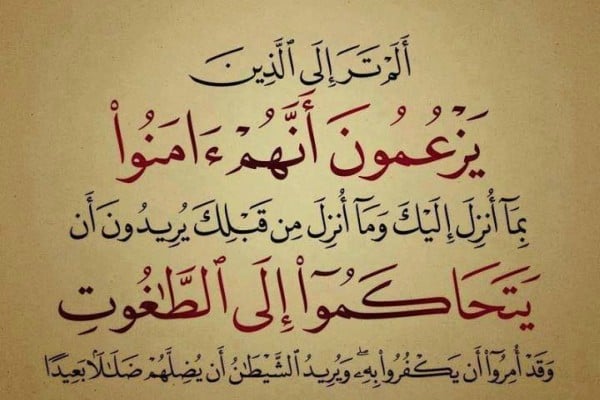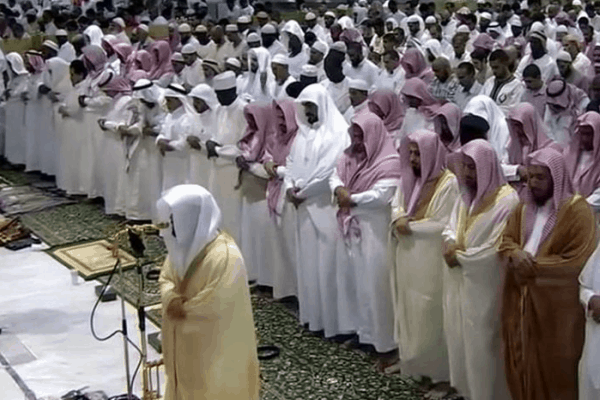Danish And Dawar: Who does not know about this best couple? Danish and Dawar are two brothers who recite naats. These two brothers have been reciting Naats since they listened the Naat titled Hasbi Rabbi Jallallah and no doubt, they are in the hearts of Naat lovers sine then.They are very famous for their beautiful voice among Naat listeners. Let’s know about them in this short article briefly.In this article we’ll include some of their best Naats that hit the records.
Beginning
One day they listened a boy reciting Hasbi rabbi Jallalh. You would know that the Naat Hasbi Rabbi Jallallah is a beautiful poetry. The children use to listen and recite it fondly. An idea struck in the mind of Danish that he would recite it with different type and he recorded it.
Having recited ‘Hasbi Rabbi Jallallah’ they became very popular throughout the world. They got a very first day of uploading the Naat on their YouTube channel 3k viewers. And gradually it’s viewers crossed the level of 20 million views.
They, first time, recited it by mixing the voice with cord and other musical instruments. This was the first part of it. But after it, they played the only duff and mixed only vocal music in their Naat.
The second part of this Naat got 70m viewers. And this is a record in itself.
After it, they looked only forward and did not turn back. Their followers and fans became more and more day by day.
Personal Life
The real and full name of Danish is Danish Farooq Dar. By his occupation, he is a doctor. He completed his M.B.B.S. He lives in Mumbai, India.
He can play duff and guitar. He is now 27 years old.
The real name of Dawar is Dawar Farooq Dar. He also lives in Mumbai with his brother. He is now 22 years old. He is also pursuing M.B.B.S. as his brother did.
They belong to Jammu & Kashmir. They are Indians. They are proud to be Indians. Nowadays, they live in Mumbai.
Usually, they record all of their Naats in their personal studio (recording room) at their house. They also shoot their movies themselves.
Note:The word singing is not suitable for Naats because the Muslims use the word Naat for the poetry in which the poet praises the last messenger Muhammad (Saw). However, they recited their first Naat as they were singing.
Related Tags: Danish and Dawar Biography, Wiki, Nationality, Age, Biodata, Images,Naats.






